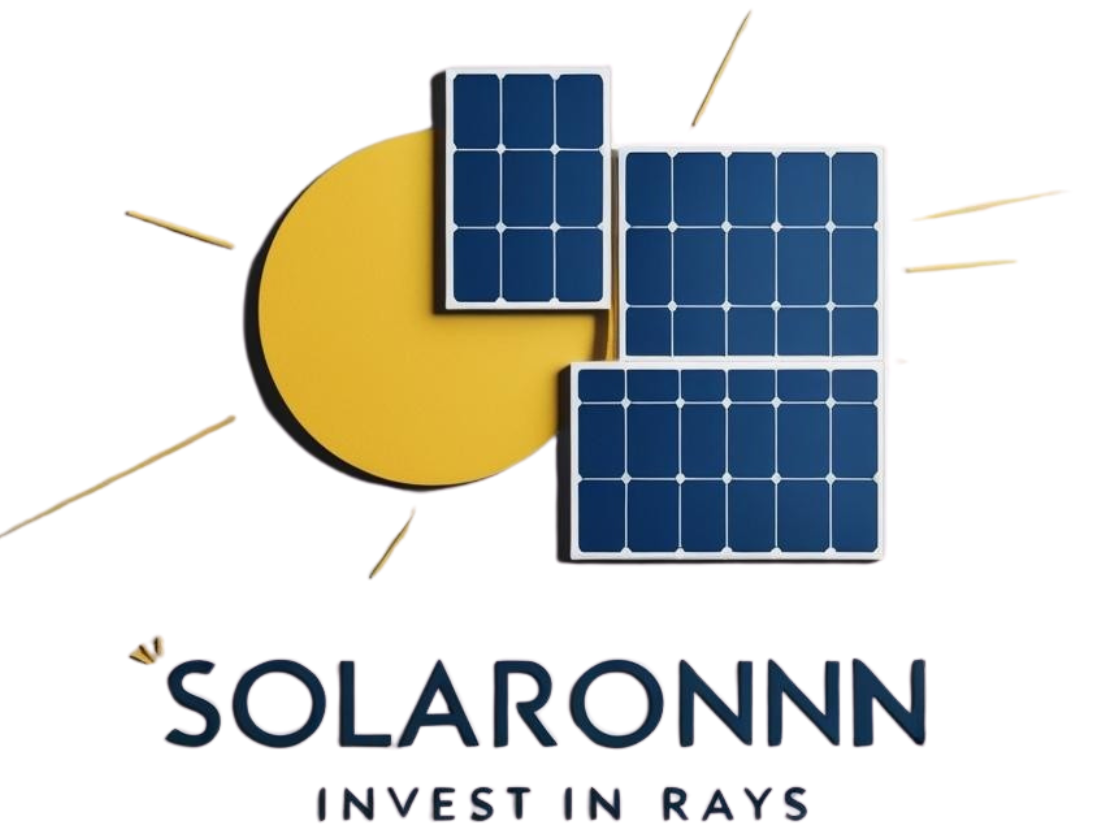As the world moves towards sustainable energy solutions, solar power has emerged as a leading choice for homeowners and businesses alike. With numerous options available, selecting the right solar panel system can seem overwhelming. However, understanding your needs and the various components of solar technology can help simplify the decision-making process.

Assessing Your Energy Needs
The first step in choosing a solar panel system is to evaluate your energy consumption. Review your electricity bills from the past year to determine your average monthly usage. This information will help you understand how much energy you need to generate with your solar panels. If you’re considering solar for a business, consider factors such as operational hours and the number of employees, as these will affect your energy needs.
Types of Solar Panels
There are primarily three types of solar panels available on the market:
- Monocrystalline Panels: Known for their high efficiency and sleek appearance, monocrystalline panels are made from single-crystal silicon. They tend to perform better in low-light conditions and have a longer lifespan, making them a popular choice for residential and commercial installations.
- Polycrystalline Panels: These panels are made from multiple silicon crystals and are generally less expensive than monocrystalline panels. While they are slightly less efficient, they still provide a reliable option for solar energy generation.
- Thin-Film Panels: Thin-film technology is lightweight and flexible, making it suitable for unique installations. However, these panels have the lowest efficiency rates and may require more space to generate the same amount of power as crystalline panels.
Understanding System Components
A solar panel system consists of several key components:
- Inverter: This device converts the direct current (DC) generated by the solar panels into alternating current (AC), which is used by most home appliances. There are string inverters, microinverters, and power optimizers, each with its advantages.
- Mounting System: Depending on your roof type and orientation, you may need a specific mounting system to ensure optimal panel placement. Ground-mounted systems are also an option for those with ample land.
- Battery Storage: If you want to store excess energy for use during cloudy days or nighttime, consider adding a battery storage system. This can enhance your energy independence and provide backup power during outages.
Evaluating Installation Options
When selecting a solar service provider, consider their experience, reputation, and certifications. A reputable company will offer a comprehensive consultation to assess your energy needs and provide tailored solutions. At SolarOnnn, we pride ourselves on delivering high-quality solar installations and exceptional customer service.
Financial Considerations
Investing in a solar panel system can be a significant financial commitment. However, various incentives can help offset the initial costs. Research local and federal tax credits, rebates, and financing options. Many states offer programs that can significantly reduce the cost of installation, making solar energy more accessible.
Conclusion
Choosing the right solar panel system for your home or business involves careful consideration of your energy needs, the types of panels available, and the components of the system. By partnering with a trusted solar service provider like SolarOnnn, you can ensure that your transition to solar energy is smooth and beneficial. Embrace the power of the sun and take a step towards a sustainable future today!



